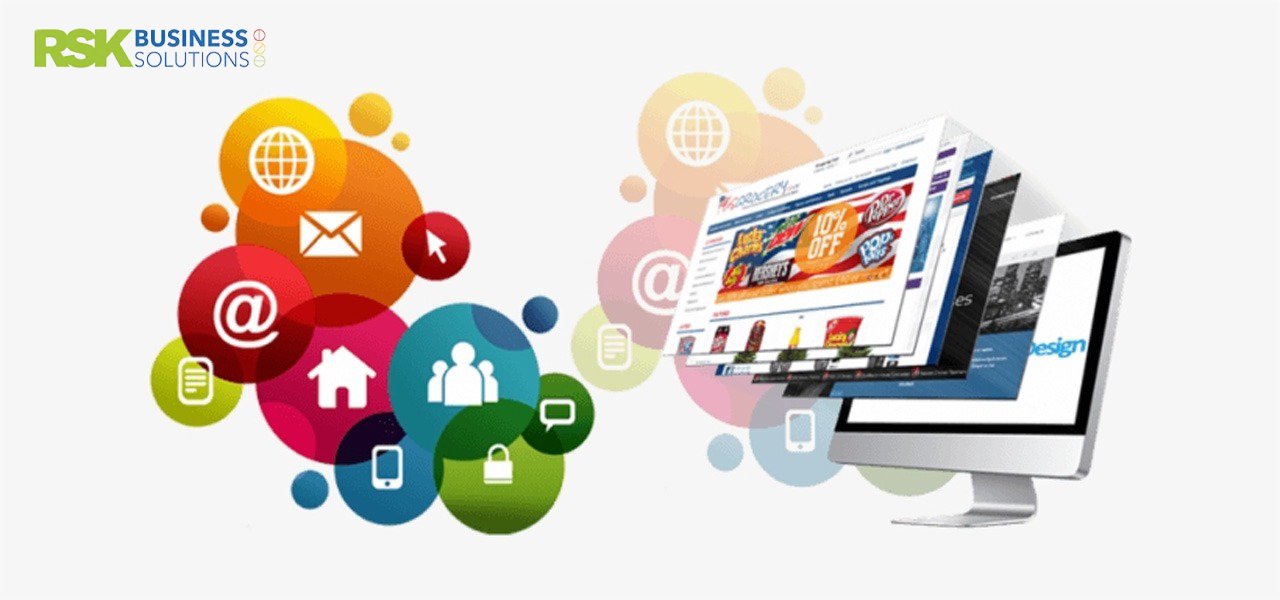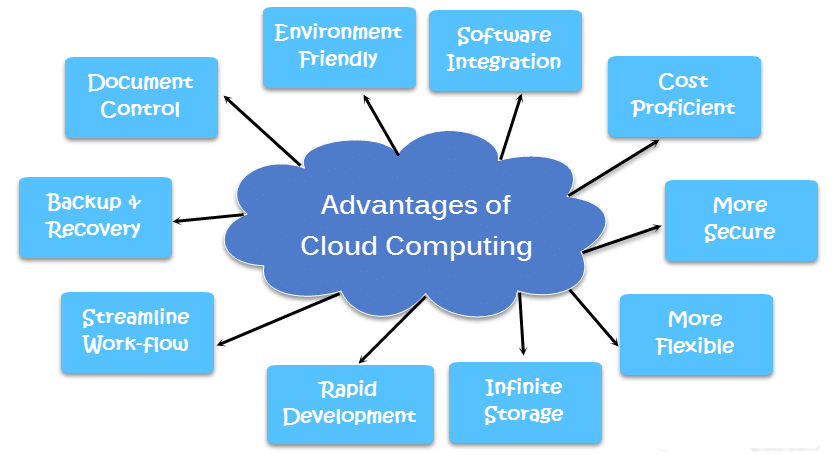
Related Articles

Pen Testing
RSK BSL Tech Team
April 3, 2025
|
|

Pen Testing
RSK BSL Tech Team
March 31, 2025
|
|

Pen Testing
Praveen Joshi
March 27, 2025
|
|

Pen Testing
RSK BSL Tech Team
March 25, 2025
|
|

Pen Testing
RSK BSL Tech Team
March 20, 2025
|
|

Pen Testing
RSK BSL Tech Team
March 18, 2025
|
|

Pen Testing
RSK BSL Tech Team
March 10, 2025
|
|

Software Development
RSK BSL Tech Team
February 24, 2025
|
|

Pen Testing
RSK BSL Tech Team
February 19, 2025
|
|

Software Development
Praveen Joshi
February 11, 2025
|
|

insight
Praveen Joshi
January 31, 2025
|
|

AI Tech Solutions
Praveen Joshi
January 27, 2025
|
|

Software Development
Praveen Joshi
January 20, 2025
|
|

Software Development
Praveen Joshi
January 13, 2025
|
|
 |
|

Mobile Application Development
Praveen Joshi
January 10, 2025
|
Hybrid App Development: Combining the Best of Native and Web for Powerful Mobile Solutions
Software applications are quite handy solutions for businesses to streamline their workflow. From large multinational conglomerates to small and medium enterprises operating locally, everyone is getting benefits from software solutions. This has fueled the evolution of applications available in the market. Nowadays, we see different options such as web, native, and hybrid applications to choose from.
However, hybrid app development is the most preferred approach by companies these days. It is due to the wide range of benefits it has to offer. Web and native applications have different characteristics.
Before we discuss Hybrid applications in further detail, let us familiarize ourselves with the main characteristics of Web and Native applications…
Native Apps
These are the applications designed and developed to operate on a specific operating system. You can install these apps onto your devices through different platforms like Apple App Store, Google Play Store, etc. Native apps are built separately for different operating systems. An application built to run on iOS won’t be supported by an Android device. Building separate apps for separate devices for the same purpose is a bit of a hefty expense of time and resources. This is probably one of the major limitations of Native apps.
Key features of Native applications:
- These apps have a faster processing speed than other options.
- Can access the features, functions, and resources of the host device and systems.
- These apps work well without an internet connection.
- The app stores approve these apps to feature on the platform only after vetting them. So, native apps are safer and more secure.
- There are multiple development tools available for designing and creating native apps.
Web Apps
Web applications are simply websites that give all the functionalities of an application. You can access these applications through the web browser of your devices. There is no need to download the application onto the systems/devices to use it. The tech stack used in a typical web application is studded with simple web technologies like HTML and CSS. Additionally, the interactive parts are created using JavaScript or other such languages. The best thing about these applications is that one application can be used on multiple types of devices irrespective of the underlying operating systems.
Key features of web applications:
- There is no need to download the application to access it.
- These applications function in the browser of your device.
- The web application has a single codebase regardless of the OS of the devices accessing it.
- Web apps can update themselves automatically.
- The development process of these applications is faster than that of native apps.
- Launching a web application is relatively easier as there is no approval required from the app stores.
How Does Hybrid App Development Bring the Best of Both Together?
Hybrid applications are the perfect amalgamation of the best features of both native and web applications. These applications enable the same application to be used on different platforms. The development process of hybrid applications is more like web applications. Later a container is added to the architecture for supporting the native features.
Development teams create hybrid applications using a single source code base. Thereafter, this base can be used to create different applications. You can use these apps on operating systems like iOS and Android as well as on different browsers such as Chrome, Mozilla, IE, Opera, etc.
Hybrid applications live in the app store within a device just like the native apps and can leverage the system’s features as well. The hybrid app development service relies on HTML being rendered in a browser. Plus, the browser is also embedded in the app.
Advantages of Hybrid Applications
Some major advantages of hybrid applications are:
- Shorter Development Timeframe: Hybrid app development takes a significantly lesser amount of time for development than native apps. All thanks to the modern frameworks and the existing development tools kit. There is no need to build a completely new codebase every time. So, it saves a lot of time during the development process.
- High Performance: When we compare it to other types of applications, hybrid apps offer the best performance quality as well as the highest speed. These apps can fulfill the specific requirements of different types of users on various devices. Hybrid apps score high on all the parameters of performance.
- Easy Integration: With hybrid apps, you don’t need to search for different SDKs and APIs. You can use identical libraries to create hybrid applications. These applications can be easily integrated into your existing systems and software.
- Cheaper Development and Maintenance: Due to the programming languages used to develop hybrid applications, these apps are quite cost-effective. Plus, the maintenance cost of these apps is also very less than that of native and web apps.
Along with these major advantages, hybrid apps offer the best offline support to enable a seamless user experience.
So, conclusively, we can say that hybrid app development certainly combines the best of native and web for powerful mobile solutions. You can get help from software outsourcing services near you to get a hybrid application designed and developed to suit your business needs.
Praveen Joshi
Praveen is a seasoned IT Solutions Leader and Director at RSK Business Solutions, a technology-driven IT Consulting Company that specializes in Bespoke Software Development, Agile Consulting, Mobile App Development, Smart Sourcing, and much more. For the last 17 years, he has been delivering quality custom IT solutions that help businesses achieve their goals.

 Share
Share Post
Post Tweet
Tweet Copy
Copy


